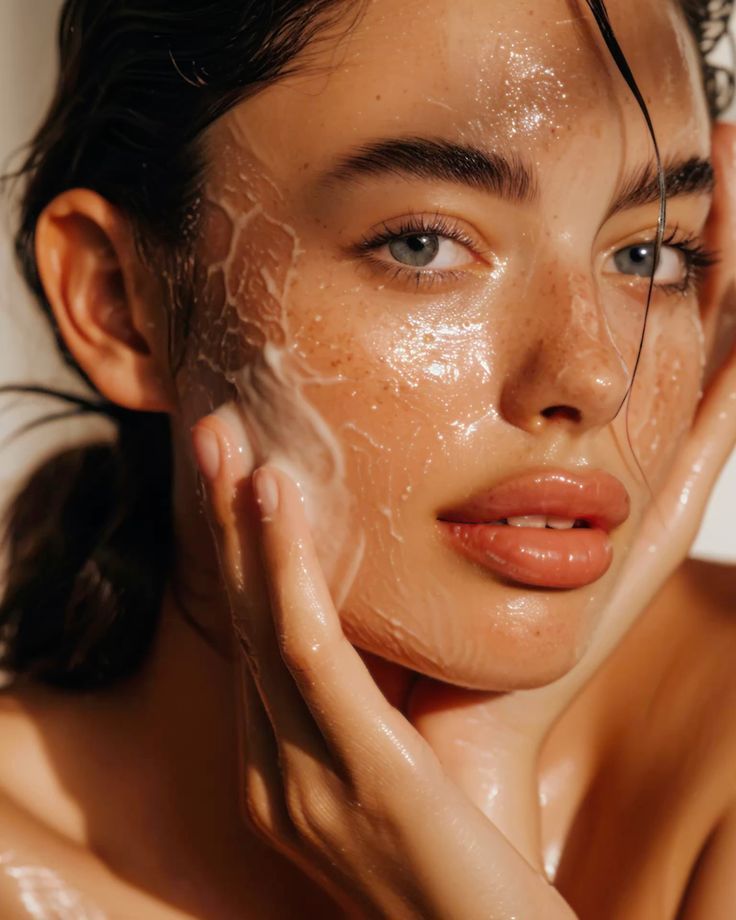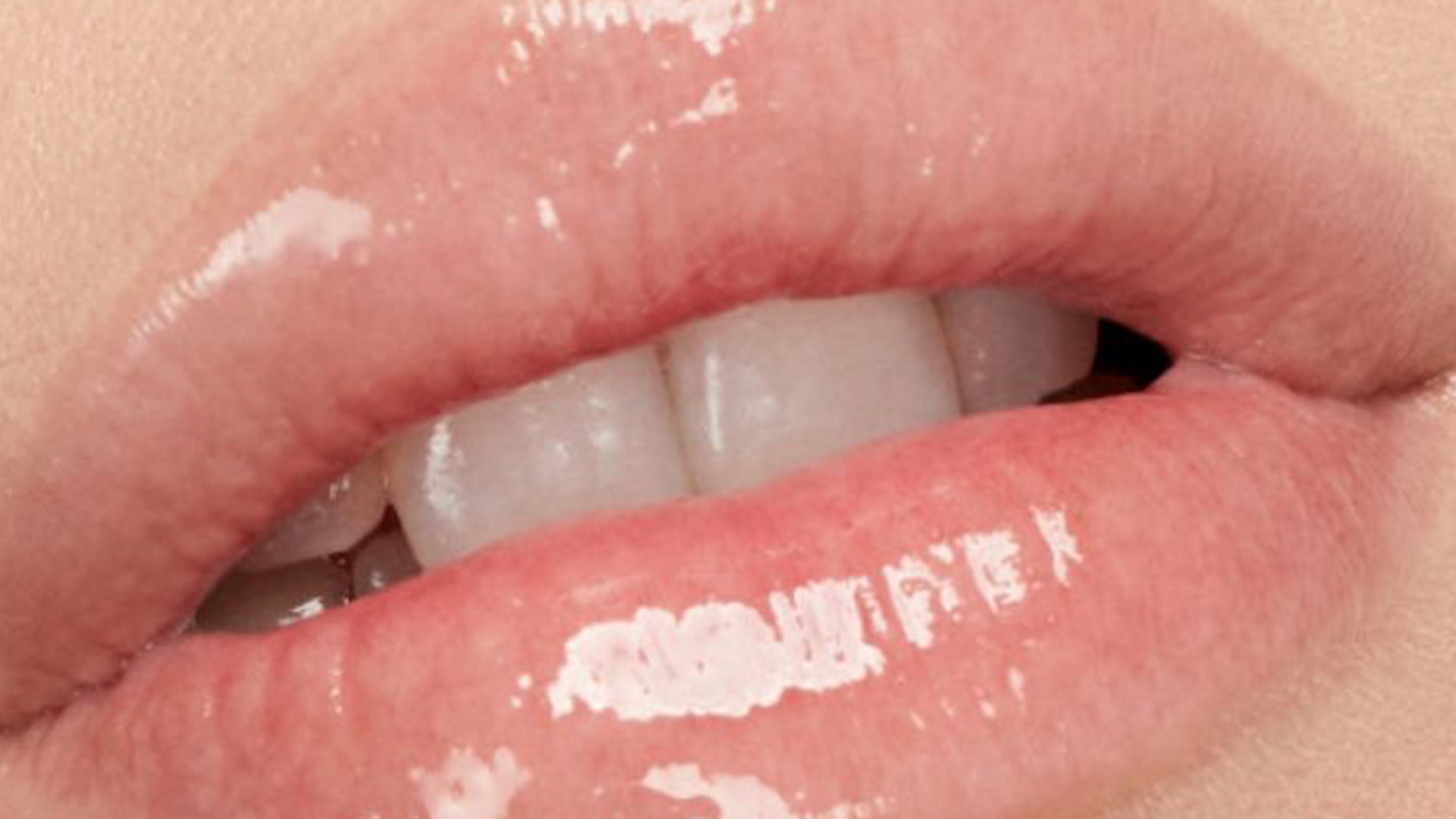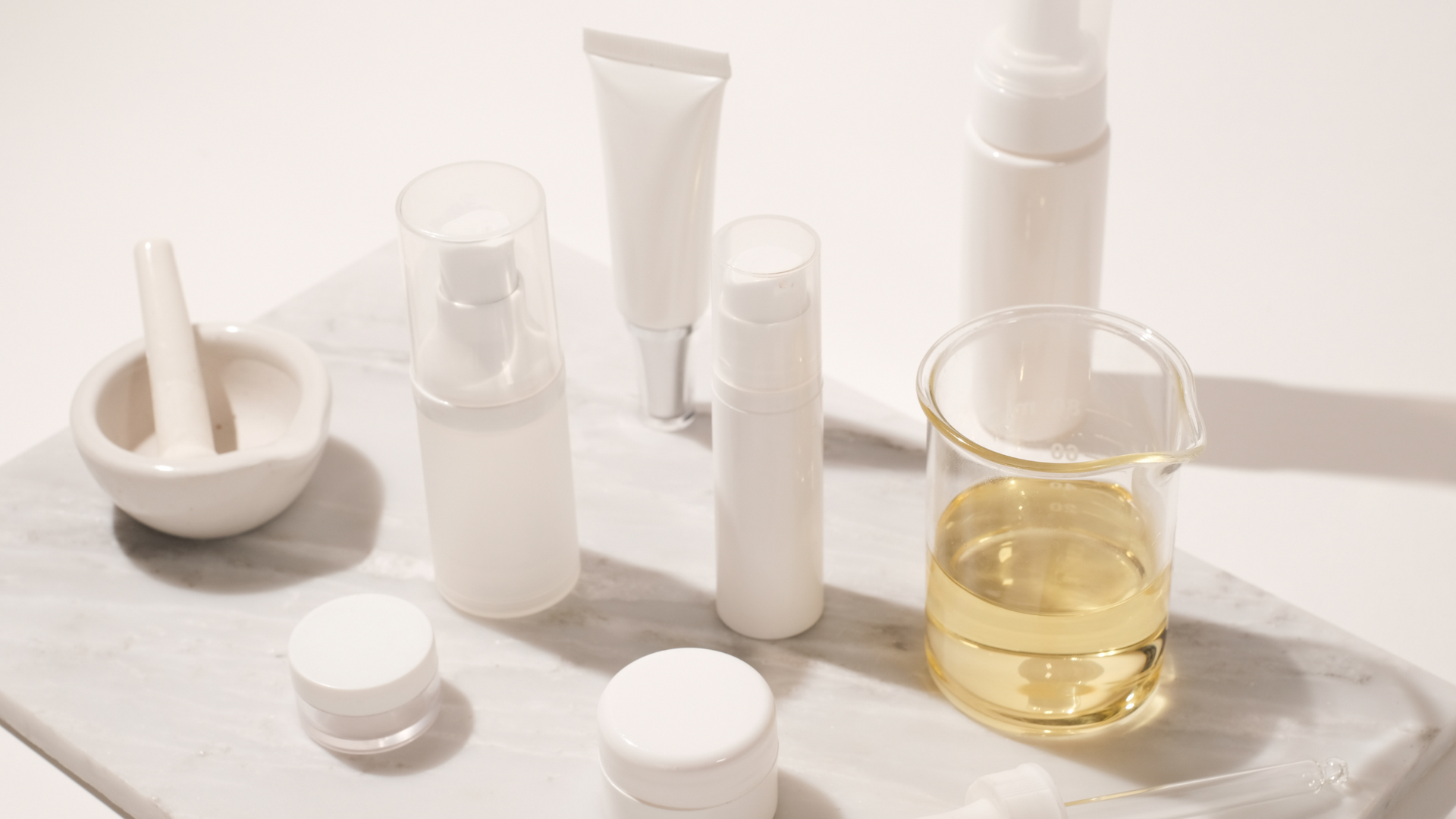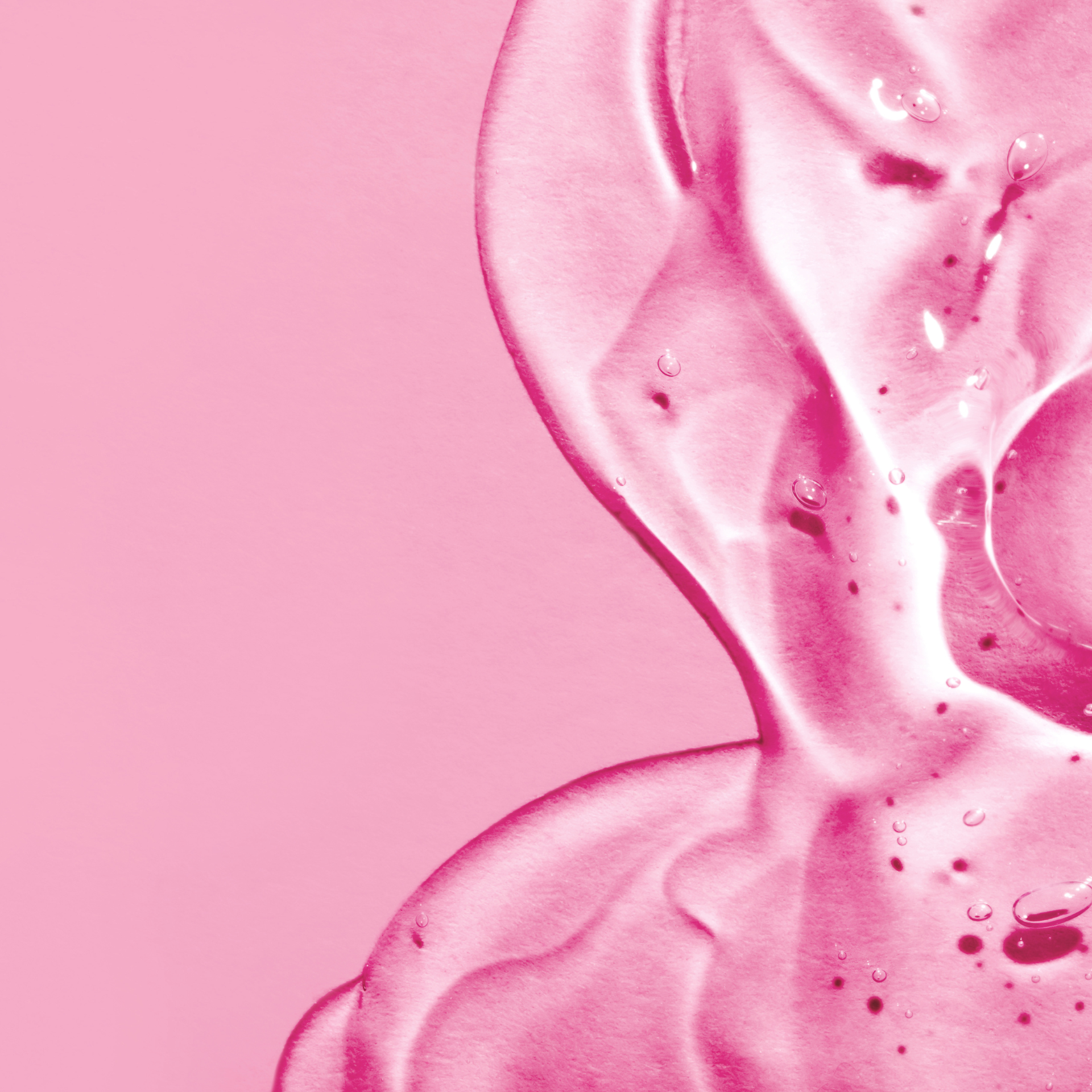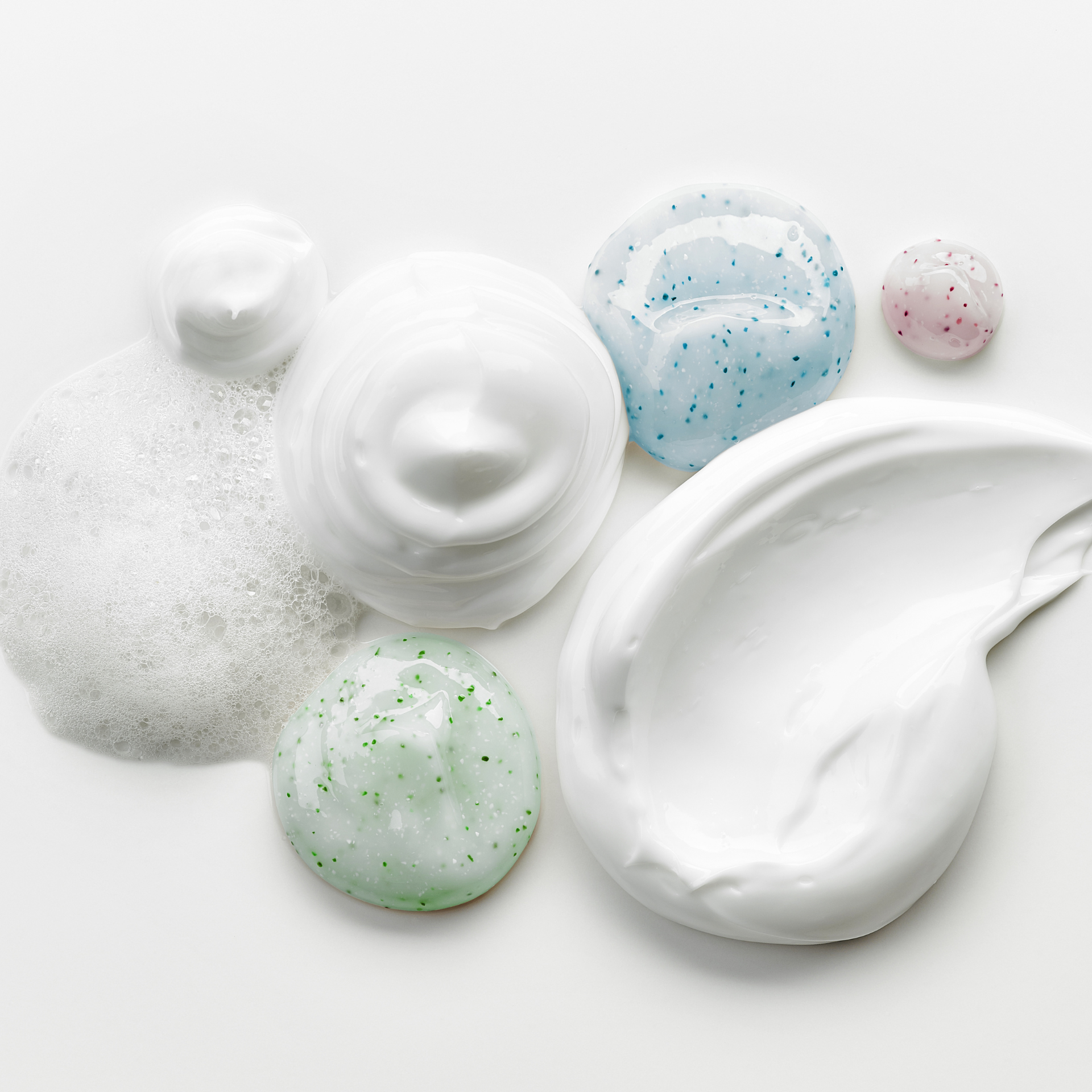Biggest Skin Care Trends 2025
The Biggest Skincare Trends in 2025: What’s Next for the Beauty Industry?
The skincare industry is constantly evolving, and 2025 is no exception. From cutting-edge technology to sustainable formulations, brands are embracing innovation to meet consumer demands. Whether you’re a skincare brand looking to stay ahead of the curve or a beauty enthusiast eager to try the latest trends, this guide covers everything you need to know about the biggest skincare movements of the year.
1. AI-Powered Personalized Skincare
Artificial intelligence (AI) is revolutionizing skincare by offering highly personalized product recommendations based on skin type, concerns, and environmental factors. Consumers can now receive custom formulations and real-time skincare analysis through AI-driven apps and devices.
Key Trends:
- Smart Skin Scanners – Apps that analyze skin conditions and recommend tailored products.
- Customized Formulations – AI-driven skincare brands offering bespoke serums and creams.
- Real-Time Skin Monitoring – Devices that track hydration levels, elasticity, and UV exposure.
Source: Vogue - AI in Skincare
2. Sustainable and Waterless Beauty
Sustainability continues to be a priority, with brands reducing water consumption and focusing on eco-friendly packaging. Waterless skincare products, such as powders, bars, and concentrated formulas, are gaining popularity due to their lower environmental impact.
Key Trends:
- Solid Skincare Bars – Cleansers and moisturizers in solid form to reduce plastic waste.
- Powder-to-Liquid Products – Activated with water for a fresh application every time.
- Sustainable Packaging – Refillable, biodegradable, or compostable containers.
Source: Allure - Sustainable Beauty Trends
3. Microbiome-Friendly Skincare
The skin’s microbiome plays a crucial role in maintaining healthy, balanced skin. Probiotic and prebiotic-infused skincare products are becoming mainstream, helping to strengthen the skin barrier and protect against environmental stressors.
Key Trends:
- Probiotic Creams – Formulations containing live bacteria to support skin health.
- Prebiotic Serums – Nourishing ingredients that feed good bacteria on the skin.
- Barrier-Strengthening Formulas – Products designed to repair and protect the skin’s microbiome.
Source: Byrdie - Microbiome Skincare
4. Skin Cycling and Simplified Routines
Consumers are shifting towards minimalist skincare routines with a focus on quality over quantity. The "skin cycling" trend—alternating active ingredients on different days—helps optimize results while reducing irritation.
Key Trends:
- Four-Day Skin Cycling Routines – Exfoliation, retinoids, hydration, and recovery.
- Multipurpose Products – All-in-one serums, balms, and moisturizers.
- Ingredient Transparency – Clear labeling and simplified formulations.
Source: Harper’s Bazaar - Skin Cycling
5. Advanced Anti-Aging and Longevity Skincare
With advancements in dermatology, skincare products are incorporating medical-grade ingredients to slow down aging and promote skin longevity. Peptides, growth factors, and DNA-repairing enzymes are making waves in the industry.
Key Trends:
- Peptide-Infused Skincare – Boosts collagen production for firmer skin.*
- Stem Cell Technology – Harnessing plant-derived stem cells for regeneration.*
- DNA Repair Enzymes – Products that target oxidative stress and UV damage.*
Source: Glamour - Anti-Aging Skincare Trends
FAQs: Skincare Trends and Manufacturing
Q1: What are the key ingredients to look for in effective skincare products?
A: Retinol, peptides, hyaluronic acid, niacinamide, and vitamin C are among the most effective ingredients for anti-aging, hydration, and skin protection.
Q2: How can brands make their skincare lines more sustainable?
A: Using waterless formulations, recyclable or refillable packaging, and ethically sourced ingredients can help brands reduce their environmental impact.
Q3: What is the biggest packaging trend in skincare for 2025?
A: Eco-friendly packaging, including compostable containers, refill stations, and minimal-waste solutions, is becoming the industry standard.
Q4: How can a brand stand out in the competitive skincare market?
A: Offering innovative, science-backed formulas, emphasizing sustainability, and focusing on personalized skincare experiences can help brands differentiate themselves.
Final Thoughts
The skincare industry is advancing rapidly, integrating technology, sustainability, and cutting-edge science to deliver better results. As a manufacturer, staying ahead of these trends can help create groundbreaking products that meet evolving consumer demands. Whether it’s AI-driven customization, microbiome-friendly formulas, or waterless beauty, the future of skincare is more innovative than ever.
